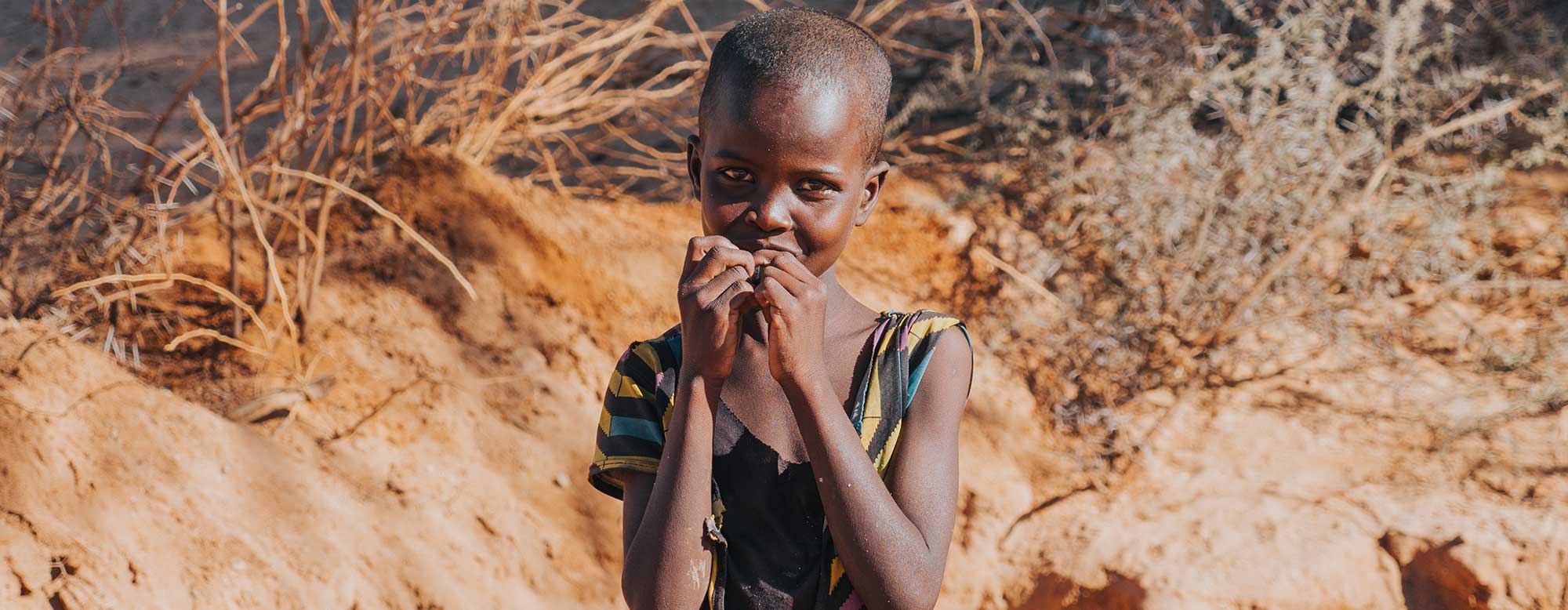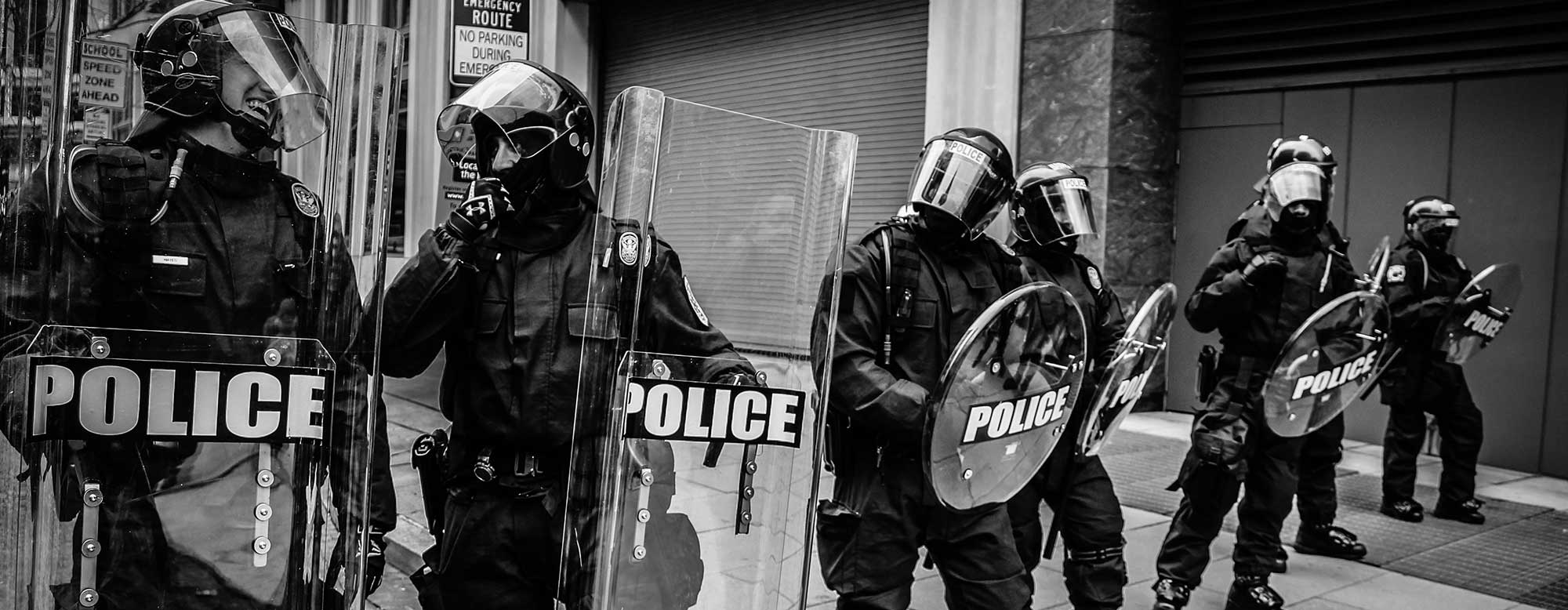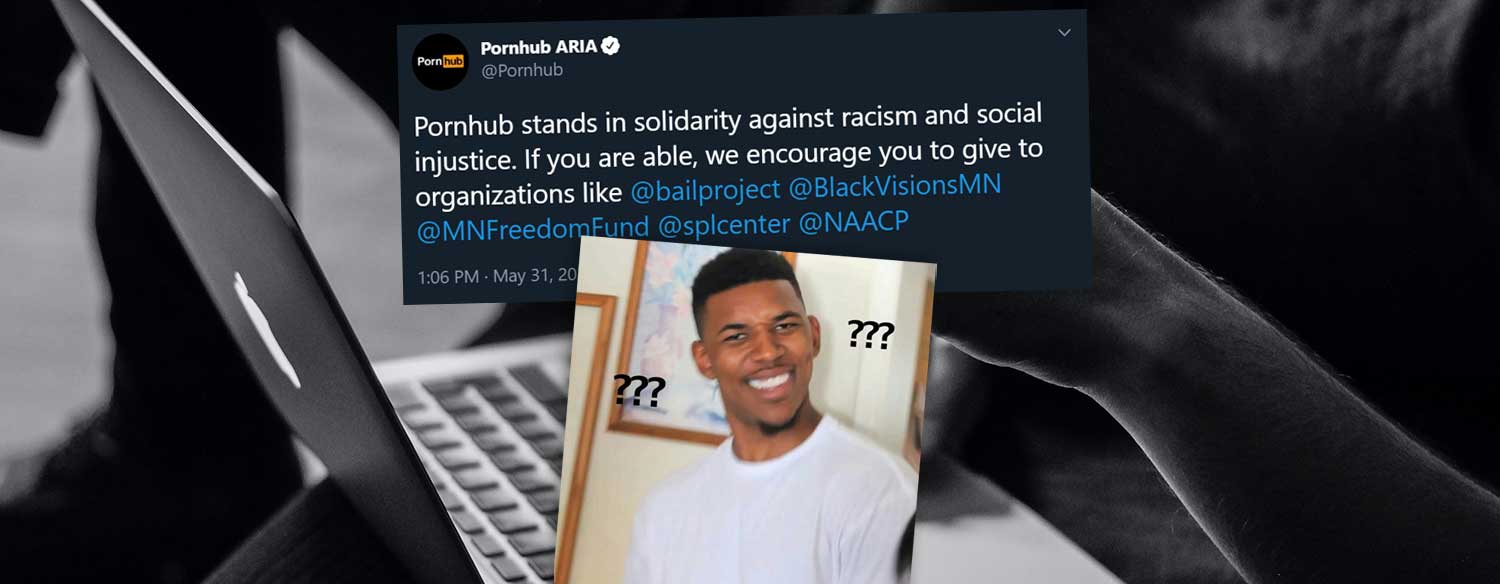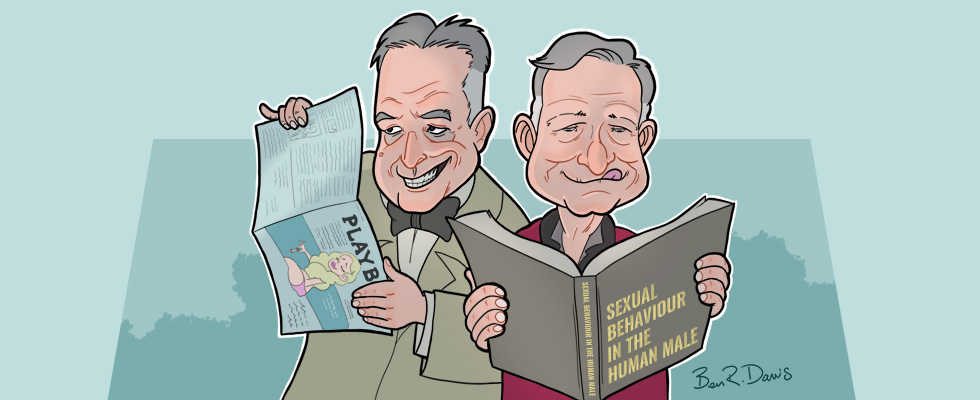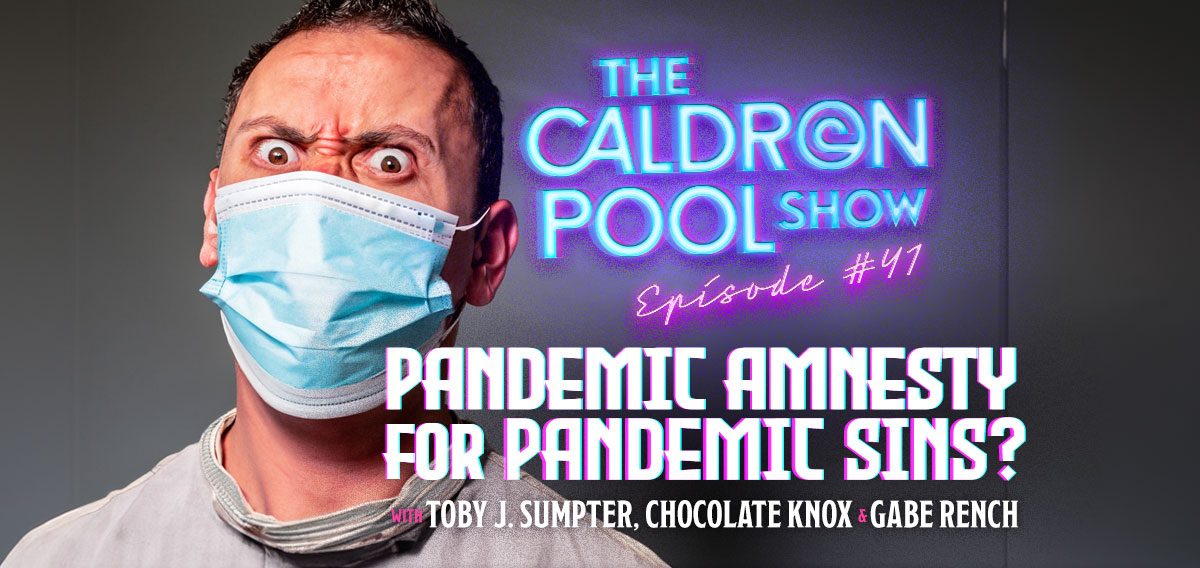With several very well-known public intellectuals seemingly coming to faith, it is worth offering a few reflections on how we might consider all this. Indeed, a number of things must be said about Christian conversions – including high-profile ones.
Perhaps the most crucial thing that should be said is this: at the end of the day, only God knows with complete certainty whether an individual has actually become a genuine Christian who has passed from darkness into light and has been made a member of the family of God. While we can look for various indicators (how the person lives and what beliefs he professes), the only one who can give us a fool-proof test of genuine conversion is God himself.
But I better spill the beans as to who I am referring to here. Many of you know about the recent ARC conference held in London. It featured a number of intellectual heavyweights – both Christians and non-Christians. It included Canadian psychologist and commentator Jordan Peterson, and Somali-born former Muslim (and now it seems, former atheist) Ayaan Hirsi Ali.
Jordan Peterson
As to the former, I have written about him often, and I have often dealt with criticisms levelled against him by Christians. There are many such critiques. Just recently a well-known Christian leader took JP to task on the social media, saying there are too many areas of concern. Well, yes, I have areas of concern with him as well, but as I commented under his post:
My take on folks like this always goes like this:
If he is not yet a Christian, that probably explains why he does not fully walk, talk and quack like a Christian.
We should pray for him that he does become a Christian. I do this daily.
Because of God’s common grace, and because all truth is God’s truth, some non-Christians seem to speak much more truth than some Christians do!
I also said this:
Folks who have been well-trained and well-studied Christians for many decades still do not come out with pristine theological truth all of the time, so why in the world do we expect someone like Jordan Peterson (who may well not yet be a real-deal Christian) to do so?!
One friend replied, and we had this quick chat:
Him: I don’t think the issue is that he’s not there yet; it’s Christians being taken by his theological statements. Many don’t have your discernment so could easily be misled. I didn’t see it as a critique of the man, just a warning not to follow him into error.
Me: Sure, and that is fine – but many seem to want to attack Jordan in this regard.
Him: Agree that is unfair.
While some want to rightly warn Christians to always be discerning and wise, sadly many of the JP critics are attacking him, and saying silly things like ‘he is a false prophet; stay away from him, have nothing to do with him,’ etc.
So I will say it again: if we all prayed for JP as much as we attacked him, we might see a real deal conversion indeed. But speaking of his conversion, we know his wife and daughter HAVE become Christians, and just recently his wife said she has become a Catholic. That of course does not mean JP is a full-on believer, but it shows his entire household has been moving in a certain direction.
And this weekend Greg Sheridan took this further in his Weekend Australian article titled, “Jordan Peterson’s Christian revelation rewrites Western culture and politics”. He writes:
But while Peterson has written at length and with great beauty of the narratives of the Bible, drawing millions of readers into a first relationship with the divine and the transcendent, up until now he has never quite committed to a definite answer on whether he believes in Christianity, believes in it not just as a helpful way to deal with the world but as a matter of simple truth. Here’s a clue, though. Peterson’s wife, Tammy Peterson, announced that she had enrolled in the Rite of Christian Initiation for Adults and would become a Catholic next Easter.
I had the opportunity of a lengthy private conversation with Peterson. It’s a sign of the madness of our times that he has to have some security around him, and of course everyone wants to talk to him. But when I had the chance I asked him: “Do you yourself believe that Christianity is true, not just true in the sense that it gives us a helpful framework to understand how we function, but true that Christ is the son of God?” Peterson answered: “I’m certain that it’s true. I wouldn’t claim to be able to explain what that means because I don’t know what it means.”
Later in our conversation, he says: “Full acceptance of the conditions of existence means the redemption of existence itself. I think this is true. Does that mean that Christ is the son of God? It might mean that, it seems to mean that, it probably does.”
He closes:
Famously, Peterson was gravely ill for several years. He draws on the Book of Job now when I ask what he thinks is the key lesson from that episode: “You hear people say that illness was the best thing that happened to them because it changed so dramatically.
“My sense is I could have learned whatever I needed to learn from that in a lot less time, and maybe without being lit on fire quite so thoroughly. I was in agony for three years and it was an agony that sleep made worse, and that’s quite the particular form of torture.
“There were plenty of times I would have pushed a button to stop myself. I was certainly tempted to raise my fist and curse God and die. That’s what Job’s wife’s advises him to do when things really go badly for him.
“Job’s response is something like: his innocence is not complete but it’s sufficient that he can still regard his essential being as good. And he also extends that courtesy to God. Part of the ethos put forward in the Book of Job is that you have to regard that the human soul and God’s existence are good.
“I watched my wife diagnosed with a fatal cancer that killed everyone that ever had it except her, and that’s quite the strange situation. I watched her bear that with an immense amount of dignity and grace. The alternative would have been to shake her fist and curse God, and that would have made a dreadful situation far worse. You’re morally obliged to act out the proposition that being is in its essence good.”
Peterson’s profound reflections may seem distant from day-to-day politics. But they sustain a vision of the human condition that demands certain types of responses, most of them profoundly countercultural in today’s orthodoxies. But they’re views built to last. Perhaps in ARC, Peterson’s building an ark.
Once again, does all this mean JP is now a genuine convert? I am not sure, and it may well be that JP is not sure. But he clearly is on a journey, and we clearly need to pray for him that he does know Christ as Lord and Saviour. And that will down the line mean he will need to rethink some of his Jungian and other belief systems, at least to a certain extent.
One last thing about Peterson: I just came upon this interesting interview he did with Christian thinker John Lennox in which they have “A Conversation About God”:
Ayaan Hirsi Ali
As to Ali, I have also discussed her often on my site. In her autobiography Infidel (Free Press, 2007) she tells us about how she left Islam and ended up becoming a Dutch politician and freedom fighter. When she left Islam she became an atheist. But now she is saying she has become a Christian. As she puts it in “Why I am now a Christian”:
But we can’t fight off these formidable forces unless we can answer the question: what is it that unites us? The response that “God is dead!” seems insufficient. So, too, does the attempt to find solace in “the rules-based liberal international order”. The only credible answer, I believe, lies in our desire to uphold the legacy of the Judeo-Christian tradition.
That legacy consists of an elaborate set of ideas and institutions designed to safeguard human life, freedom and dignity — from the nation state and the rule of law to the institutions of science, health and learning. As Tom Holland has shown in his marvellous book, Dominion: The Making of the Western Mind (2011), all sorts of apparently secular freedoms — of the market, of conscience and of the press — find their roots in Christianity.
She continues:
Yet I would not be truthful if I attributed my embrace of Christianity solely to the realisation that atheism is too weak and divisive a doctrine to fortify us against our menacing foes. I have also turned to Christianity because I ultimately found life without any spiritual solace unendurable — indeed very nearly self-destructive. Atheism failed to answer a simple question: what is the meaning and purpose of life?…
The lesson I learned from my years with the Muslim Brotherhood was the power of a unifying story, embedded in the foundational texts of Islam, to attract, engage and mobilise the Muslim masses. Unless we offer something as meaningful, I fear the erosion of our civilisation will continue. And fortunately, there is no need to look for some new-age concoction of medication and mindfulness. Christianity has it all.
That is why I no longer consider myself a Muslim apostate, but a lapsed atheist. Of course, I still have a great deal to learn about Christianity. I discover a little more at church each Sunday. But I have recognised, in my own long journey through a wilderness of fear and self-doubt, that there is a better way to manage the challenges of existence than either Islam or unbelief had to offer.
So, does that make her a born-again, Spirit-filled Christian, to use the lingo? Maybe, maybe not. As I say, only God ultimately knows the human heart. If she is not yet a true believer, the most obvious thing to do is NOT engage in yet more criticism, but to fervently pray that she does indeed find new life in Christ and the forgiveness of sins.
It is very easy to be cynical and critical of folks like this, and question where they are at, and simply dismiss them altogether. It is actually much harder to spend some serious time on our knees praying for them. The armchair critics are a dime a dozen, but faithful and concerned prayer warriors are much harder to come by.
I know which camp I want to be in when it comes to these potential celeb conversions.






